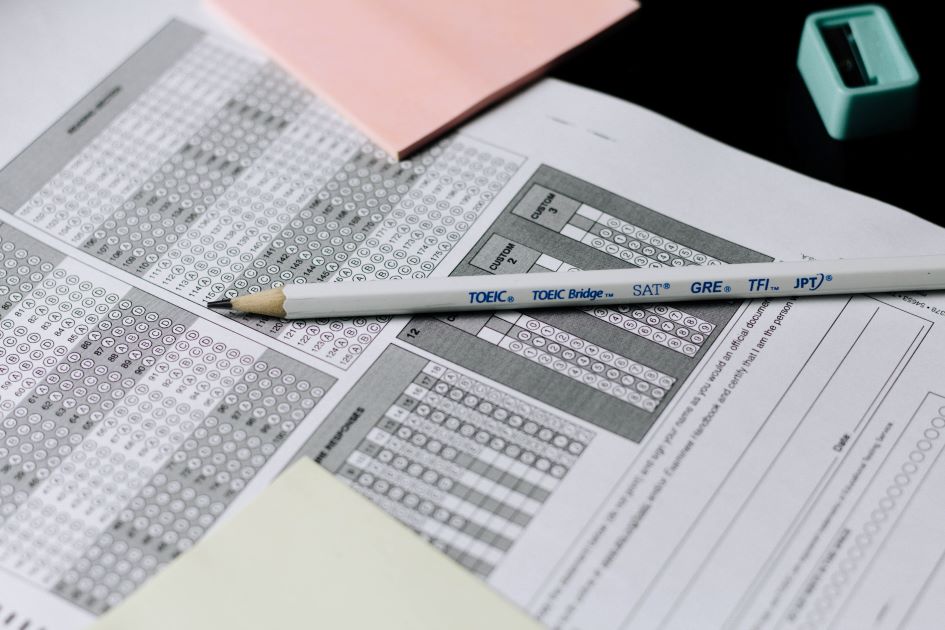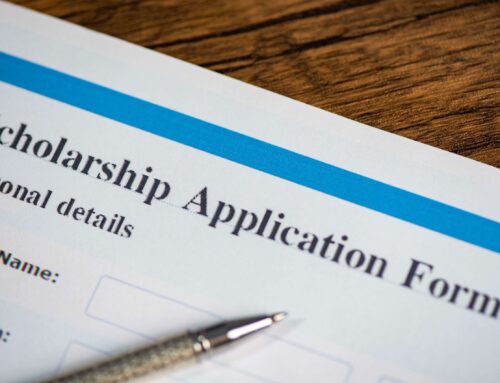How to Prepare for a College Visit

Planning Your College Visit
- Making the most of your college visits takes time and planning. This is an excellent chance for parents to be involved in the application process by helping with the travel logistics, but the student should have input on which schools will be visited.
- Visit the admissions website and register for a tour, information session, and other opportunities if offered.
- Some schools will offer opportunities for you to sit in on a class, meet with a faculty member, or lunch with a student. Take advantage of these unique experiences to better understand the school.
- You can further customize your visit by requesting to meet with representatives from any department that will be important in your college decision. Examples include career centers, academic success centers, athletic coaches, performing arts, disability services, disability services, multicultural affairs, health services, study abroad, residential life, or a faculty member in a department of interest.
- Most colleges plan for you to be on campus for between 1.5 and 2.5 hours. Plan on an additional few hours for a customized visit.
- If you know a student at the school, try to arrange to meet with them on your visit. For the cost of a cup of coffee, you’ll get a true insider’s view of the student experience at the school.
- Research the schools thoroughly. Pay special attention to their websites’ Admissions, Student Life, Academic, and About Us sections. Explore the school’s social media channels to gain additional perspectives.
Two Weeks Before Your College Visit
- If you have meetings with faculty, do your research to familiarize yourself with their area of expertise.
- Prepare at least five open-ended questions to which you can’t find answers after completing your research. Review this list for questions to ask in a college interview for inspiration.
- Know the Covid-19 policies for visiting the school and ensure you comply.
The Night Before Your College Visit
- Check the weather and plan on an umbrella if needed.
- Prepare your clothes. Tours don’t require formal dress, but wearing torn, tattered, or ill-fitting clothes is not advisable. Layers are good if you’ll be spending some time indoors and outdoors. Comfortable shoes are a must!
- Confirm directions and transportation to the college.
- Pay special attention to parking and directions to the tour’s meeting point.
- Make sure you have confirmation letters, emails, or passes sent by the college.
The Morning of Your College Visit
- Check your email for any last-minute tour changes or updates.
- Leave early! Plan to arrive at the meeting point at least 30 minutes before the start time. Remember Murphy’s Law: Anything that can go wrong will go wrong.
The Day of Your College Visit
- Some information sessions and tours are pretty large. Grab a seat up front and walk near the tour guide, so you don’t miss anything. Many tour guides don’t use a microphone, so if you’re toward the rear of the group, you can miss what’s being said.
- Parents can undoubtedly ask questions, but ideally, the student will ask most of the questions. Refer to the questions you prepared in advance if they’re not addressed by the tour guide or in the information session.
- Speak up but don’t dominate the tour guide’s time. This advice is for students and parents.
- Avoid sidebar conversations during the tour or information session. There will be plenty of time to debrief after the visit.
- Be observant and watch the students as you’re on campus. Do they look happy or stressed? How do students interact with each other? Are facilities well maintained?
- Take photos during your visit. It’s easy for colleges to blend together, and pictures will help jog your memory when you reflect on your visit.
- After the tour, thank the tour guide and ask for their email in case you have any questions afterward.
- Attend any individual meetings you’d previously arranged. Be sure to get email addresses for any follow-up questions and send them a personal thank you.
- Eat in the dining hall if possible. You’ll get an idea of the food service available to students and observe another aspect of the college’s culture.
- Visit an area on campus where students are hanging out; coffee shops are popular options. Have short conversations; they don’t have to be more than a couple of minutes, with several students. Ideally, try to talk to at least ten students. Since these students are random and not vetted by the admissions office, you should get valuable insights. This is often the most valuable part of a college visit.
- Sample questions to ask students:
- In your opinion, what are the best things about attending Sample University?
- If you were in charge and could make any changes to make Sample University better, what would you change?
- In your opinion, what are the strongest departments at Sample University?
- What didn’t you know about Sample University until you arrived that you wished you had known earlier?
- Be respectful of their time, and don’t forget to thank them!
- Sample questions to ask students:
After Your College Visit
- Spend time in quiet reflection and capture your impressions, both the good and the bad. You can use a notebook or an app or even record your thoughts on your phone. You’ll use these notes when you write your college-specific essays during the application process.
- After documenting your thoughts, discuss with the people you visited the college with to get their insights.
- Visit the immediate area around the college campus to get a feel for the larger community. If staying overnight, consider staying close to the college to get a broader perspective of the community.
Pro Tips
- Be personable and friendly to everyone you meet, from the faculty to the tour guide, to any college staff you interact with.
- Using a voice recorder can help capture information during the information session or when you speak with students. Not all admissions offices allow for these devices, and some states require permission from both parties to record a conversation. Make sure you know the rules and laws before recording conversations.
- If guided tours are full or unavailable, most schools provide a self-guided option. These can be worthwhile and informative, particularly if you make a point to speak with students you meet on campus.
- Grab a school newspaper on your visit. These are usually found in heavily trafficked areas like the student union. Student newspapers aren’t produced by the admissions or marketing office and will look at stories important to the current student body.
- A book that provides families practical advice, including on college visits, is The College Conversation: A Practical Companion for Parents to Guide Their Children Along the Path to Higher Education by Eric Furda





